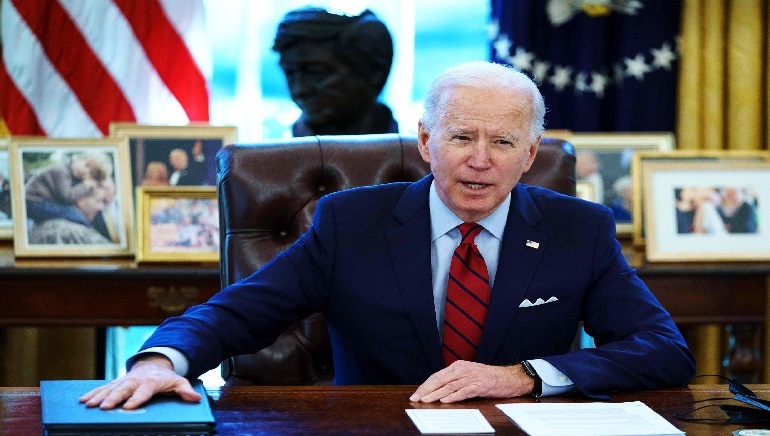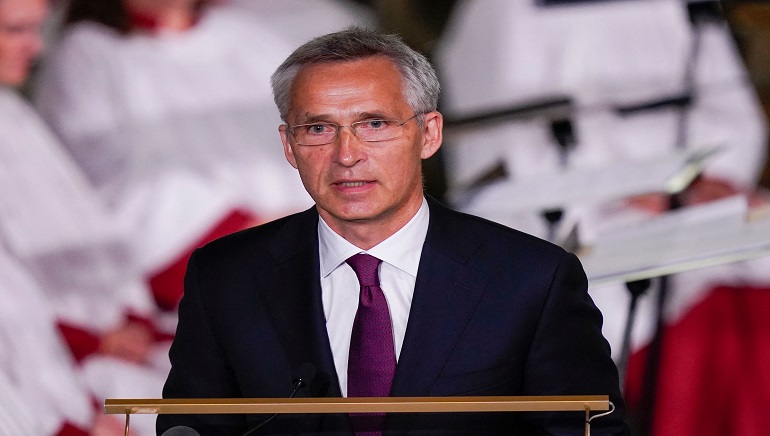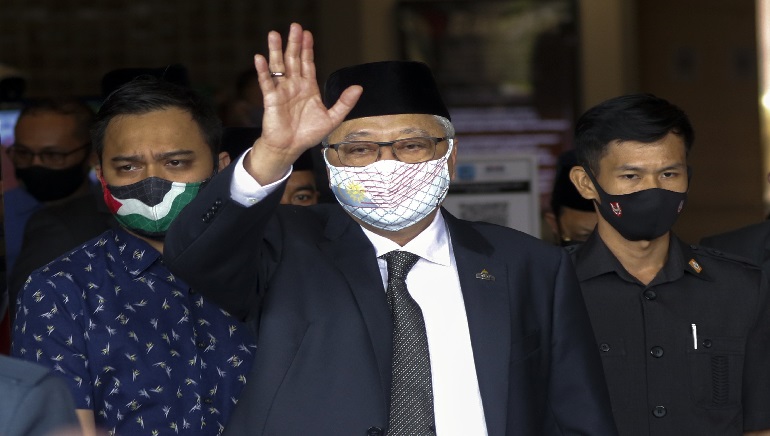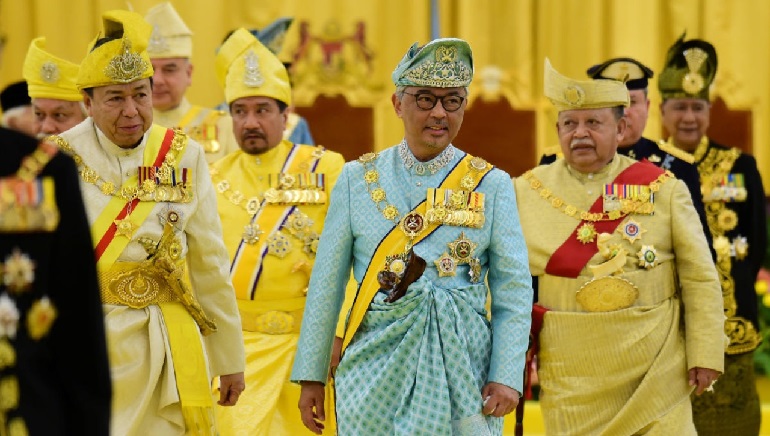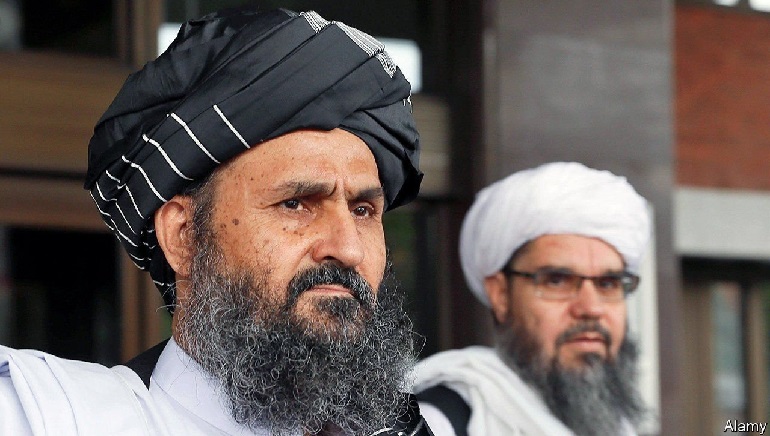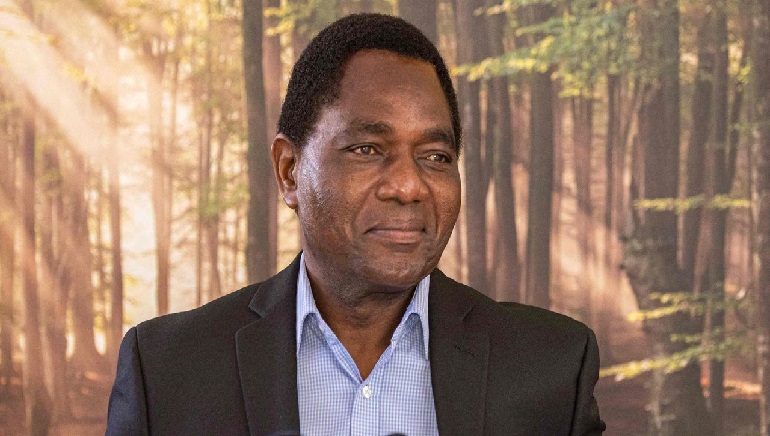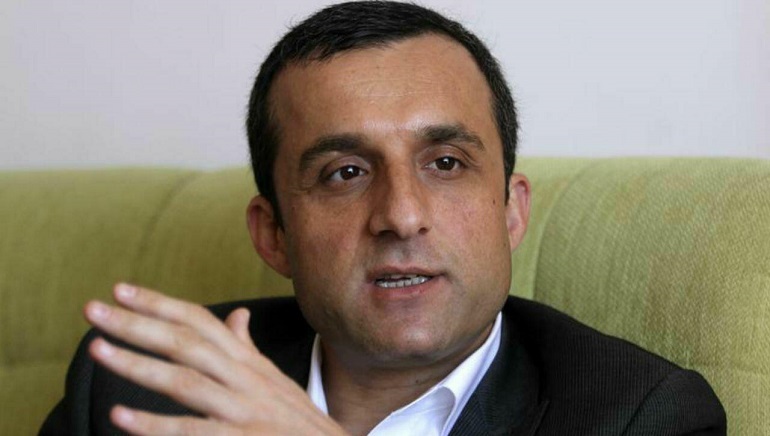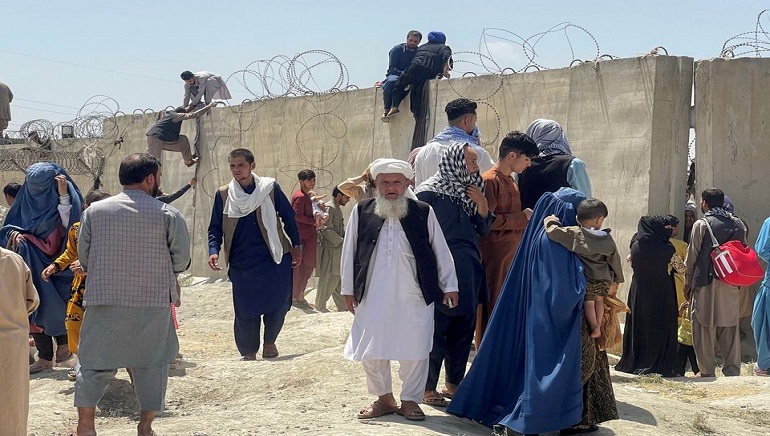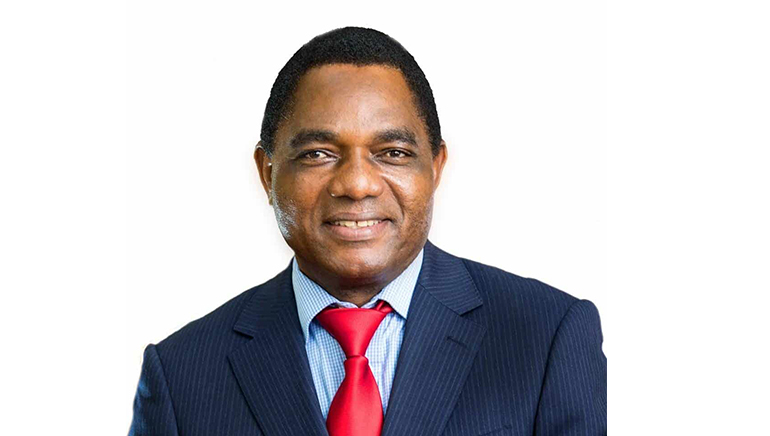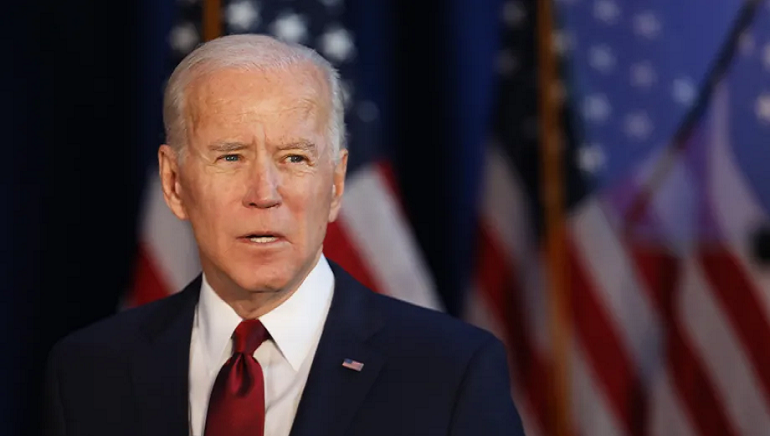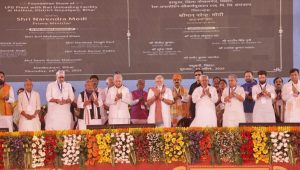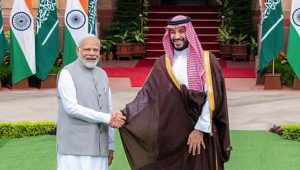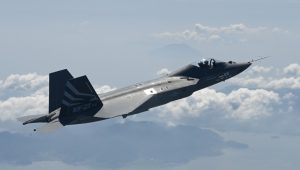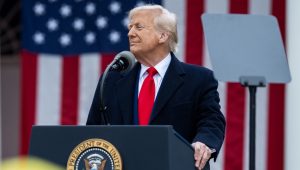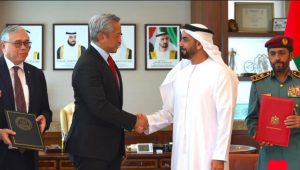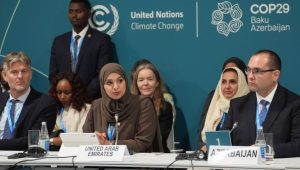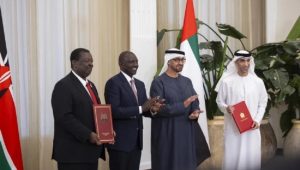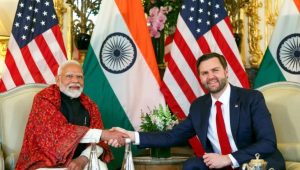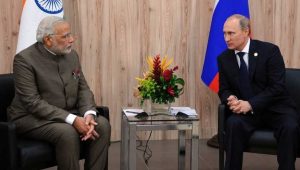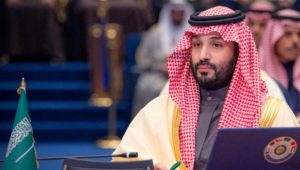The Biden administration has suspended all arms sales to the government of Afghanistan after the Taliban took control over the country. On Wednesday, a notice was posted to defense contractors to put pending or undelivered arms transfers under review.
The statement was issued by the State Department Political/ Military Affairs Bureau, “In the light of rapidly evolving circumstances in Afghanistan, the Directorate of Defence Sales Controls is reviewing all pending and issued exports licenses and other approvals to determine their suitability in furthering world peace, national security and the foreign policy of the United States”. Further updates will be issued in the coming days for the defense equipment exporters.
Multiple reports have confirmed the seizing of billions of US weaponry by the Taliban after the collapse of the Ashraf Ghani administration. Black Hawk helicopter, A-29 Super Tucano attack aircraft, and mine-resistant humvees are some of the equipment which was seized by the Taliban along with US-made M4 carbines and M16 rifles.
According to the data, the US sold weapons worth USD 227 million to Afghanistan by 2020. The United States’s approximately 47% of arms are exported to the Middle East, with Saudi Arabia individually accounting for 24%.





